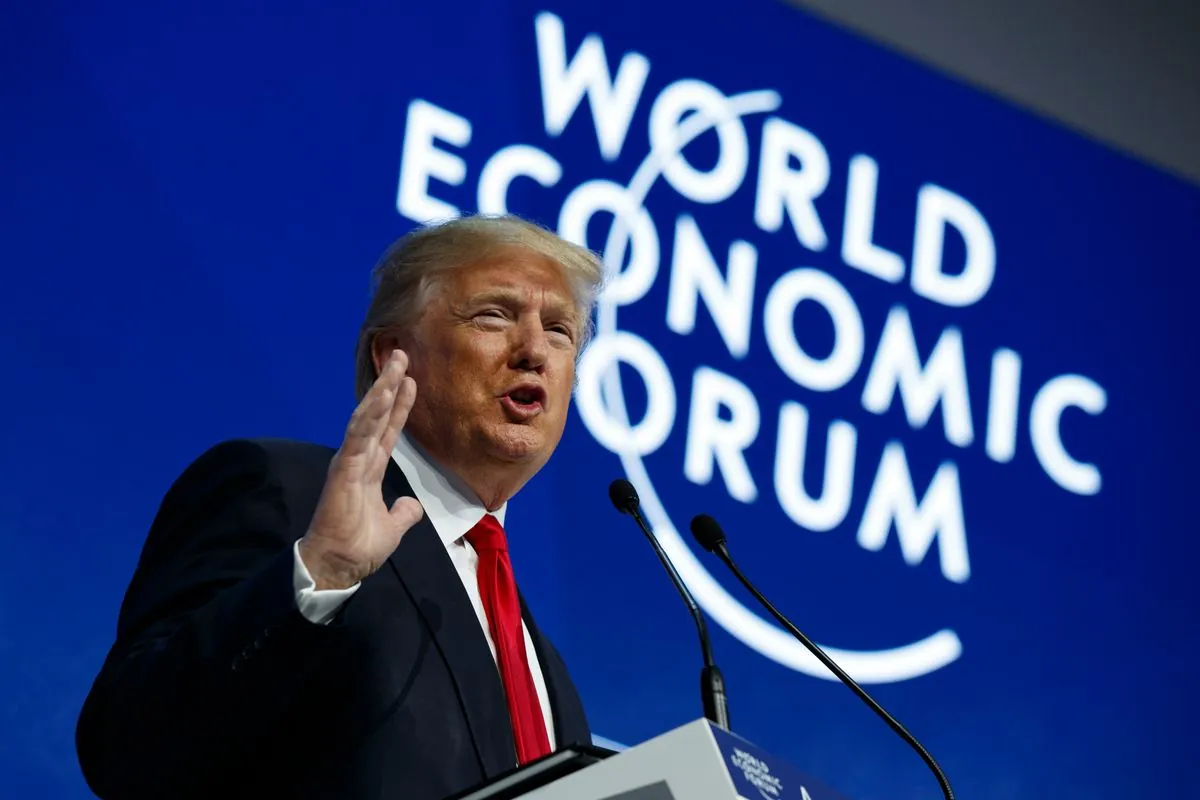Global Trade Tensions Loom as Trump's Potential Return Worries US Allies
US allies in Europe and Asia brace for potential trade conflicts amid speculation of Trump's return. Proposed tariffs and economic policies raise concerns, prompting strategic planning among trading partners.

The possibility of Donald Trump's return to the White House has sparked apprehension among US allies in Europe and Asia, particularly regarding potential trade conflicts. Trump's proposed policies, including a 10% import tax and a 60% tariff on Chinese goods, have reignited fears of economic tensions reminiscent of his previous term.
US trading partners are exploring various strategies to navigate these potential challenges:
- Offering trade concessions
- Increasing purchases of US goods
- Implementing retaliatory measures
The European Union, as the world's largest trading bloc, is considering a two-pronged approach:
- Proposing increased purchases of US products
- Preparing targeted tariffs on US exports, particularly from Republican states

However, the EU faces significant hurdles in accommodating Trump's demands:
- Recent farmer protests against foreign agricultural imports
- Germany's ongoing industrial slowdown
- The need to balance energy purchases with Asian competitors
Asian countries, particularly those with large trade surpluses with the US, find themselves in a more precarious position. Nations like Japan, South Korea, and Vietnam have limited options to counter potential US tariffs.
"The first setting is the belief that Trump is a deal-maker, so you need to have a deal ready for him, which might be volumes of agricultural sales or some other U.S. product. There is a reasonable likelihood that his actual play is to use the threat of tariffs to get deals that he can claim to be the greatest ever."
The situation draws parallels to Richard Nixon's 1971 economic policies, which included a 10% import surcharge. This historical precedent underscores the potential for using trade policies as leverage in international negotiations.
Concerns extend beyond trade, encompassing Trump's transactional view of US security commitments. His previous questioning of NATO and downplaying support for Asian allies has added another layer of uncertainty to international relations.
Mexico, with its growing trade surplus and cross-border migration issues, is particularly vulnerable to potential policy shifts. The Economist Intelligence Unit identifies Mexico as the country most at risk from a second Trump term.
As global leaders prepare for various scenarios, the international community remains watchful of developments in US politics and their potential impact on the world economy.


































